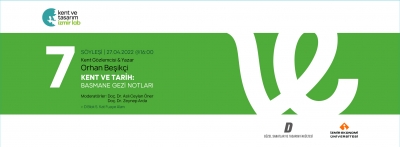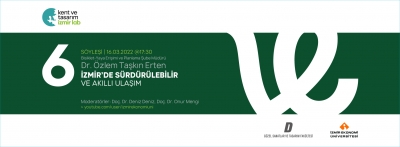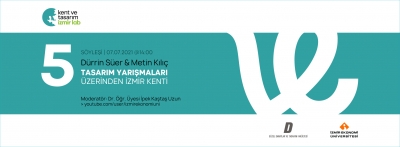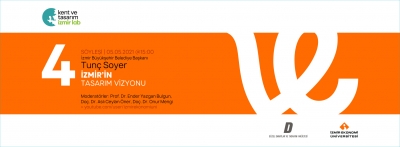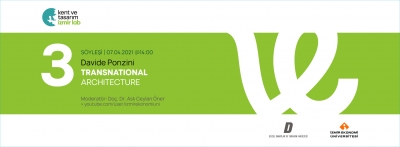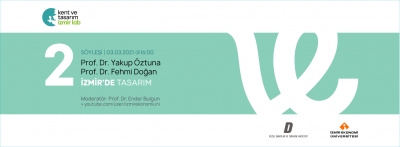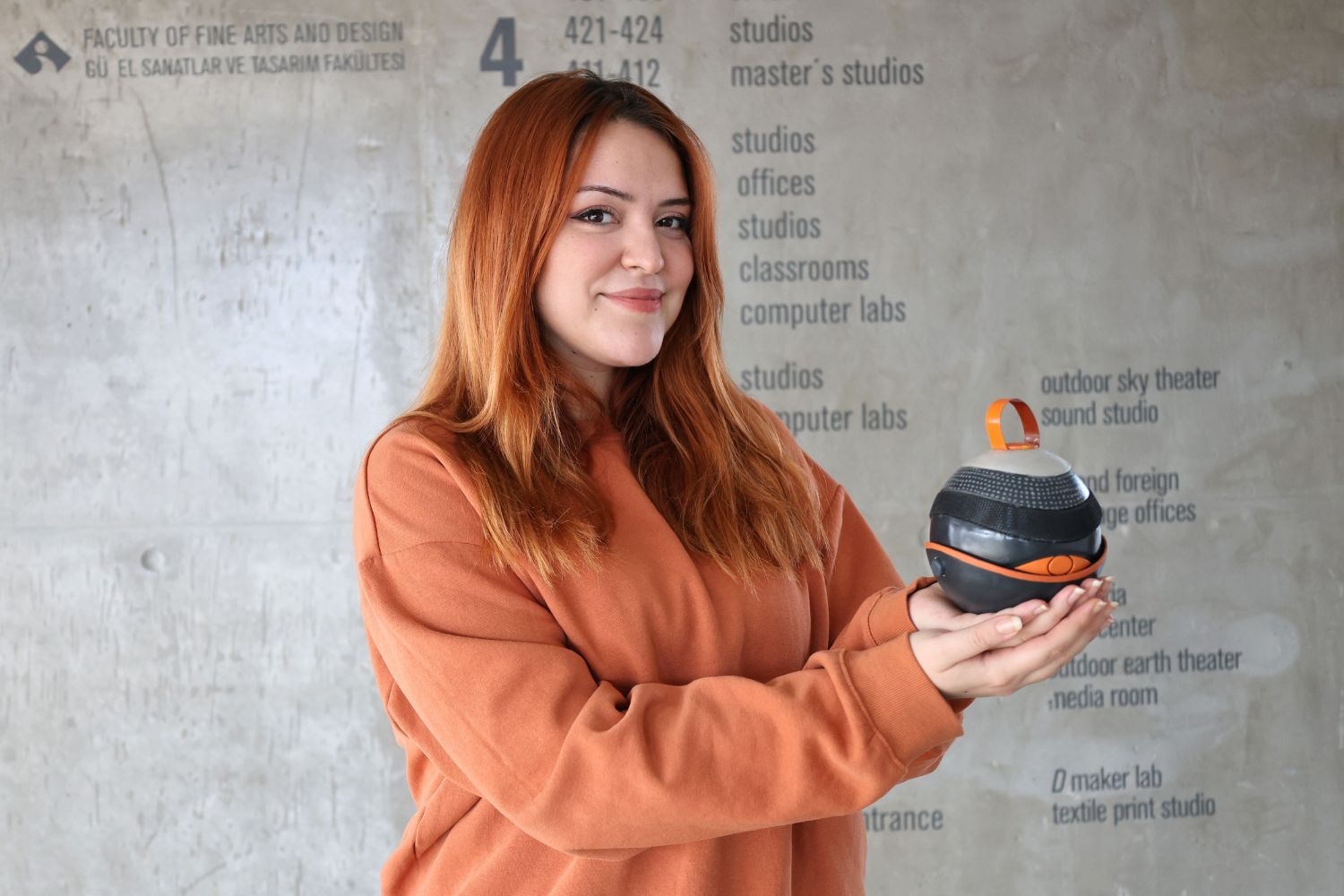
International Success with ‘Octopresso’
Irmak Koluman, a student from Department of Industrial Design, Izmir University of Economics (IUE), has been awarded at the international ...
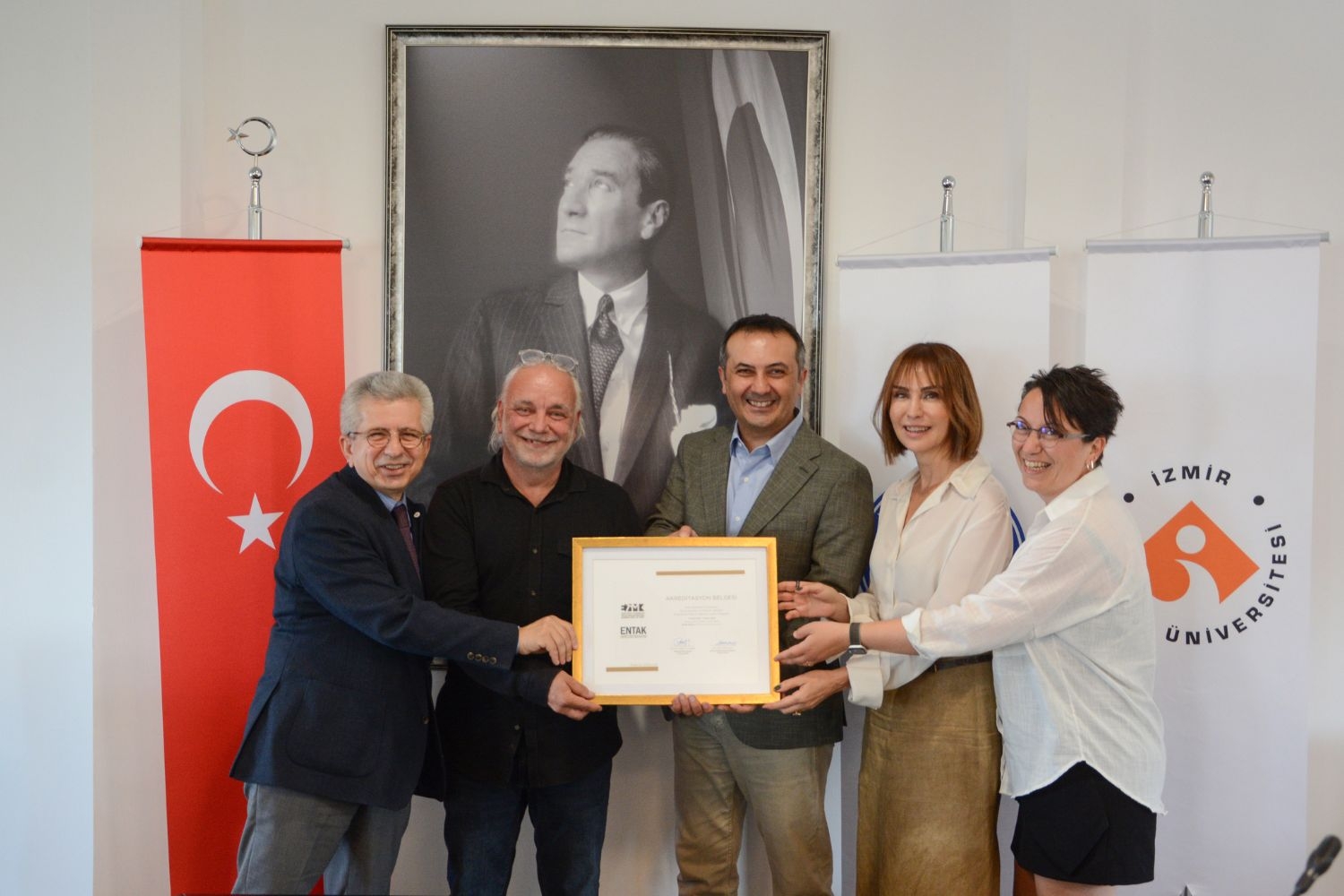
‘Registered’ success
Izmir University of Econmics (IUE) Department of Industrial Design has added another success to its achievements by receiving full accreditation ...

Jewelry designs brought awards
İbrahim Burak Ünal, a student in the Department of Industrial Design, Izmir University of Economics (IUE) won second place with ...

Izu Peninsula project of IUE students
Invited by Shizuoka University of Art and Culture in Japan, 8 students from the Department of Industrial Design of Izmir ...
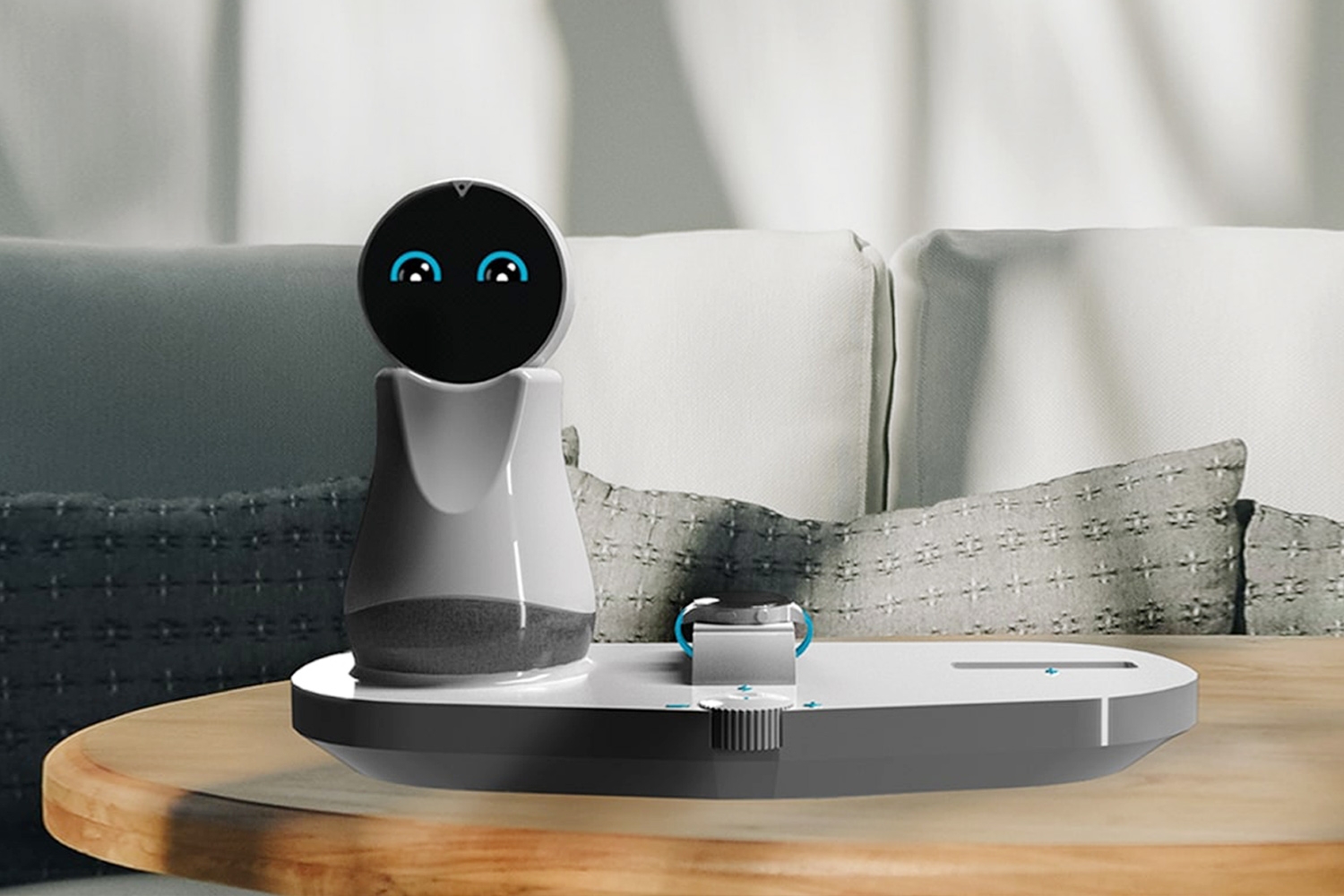
A ‘robot’ friend for the elderly
Onur Okutur (24), a graduate of Izmir University of Economics (IUE) Department of Industrial Design, has designed a robot named ...
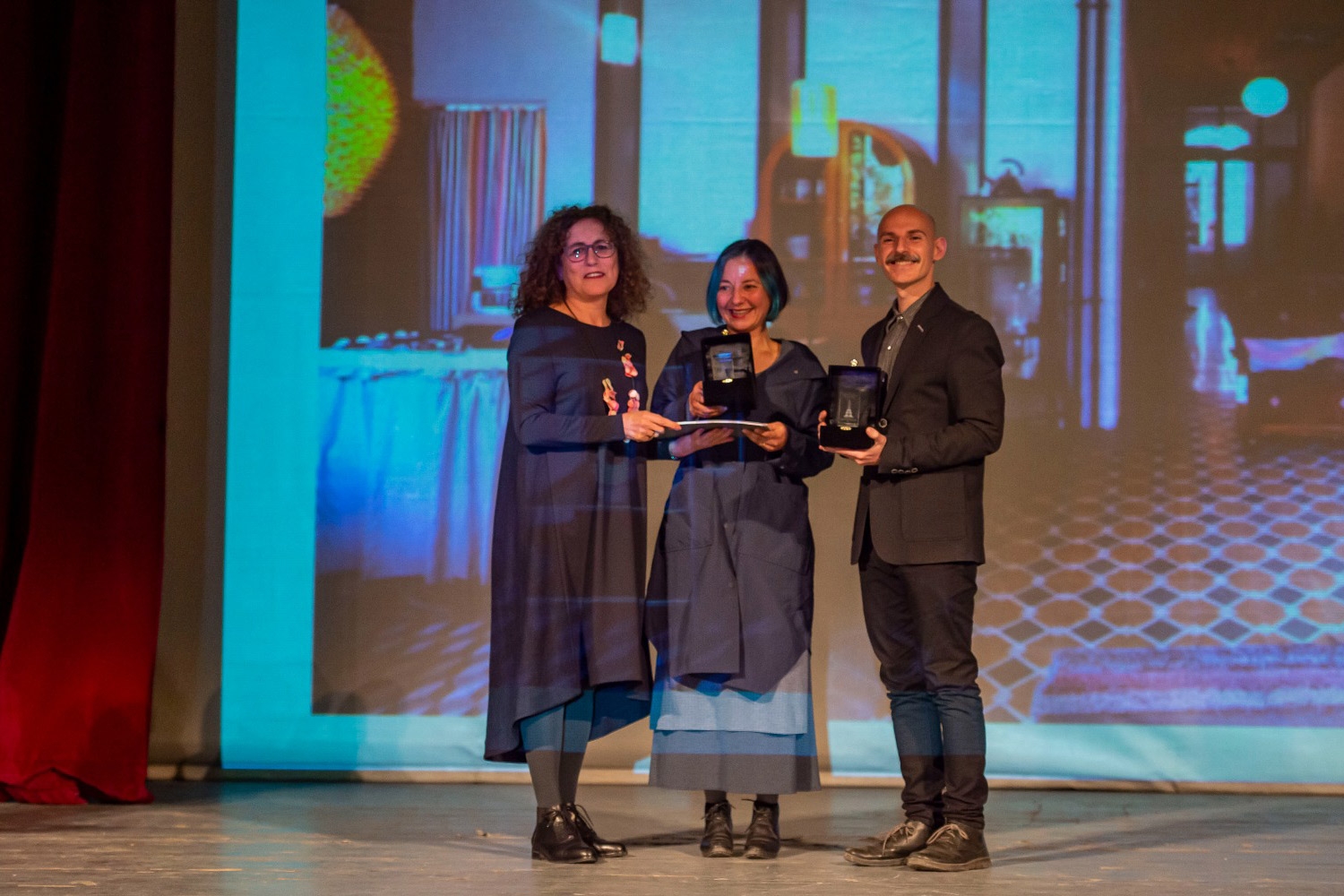
'Respect for History' award for renovation of a 150-year-old mansion
Dr. Elif Kocabıyık Savasta, Lecturer at Izmir University of Economics (IUE) Department of Industrial Design, and her husband Dr. Daniele ...








